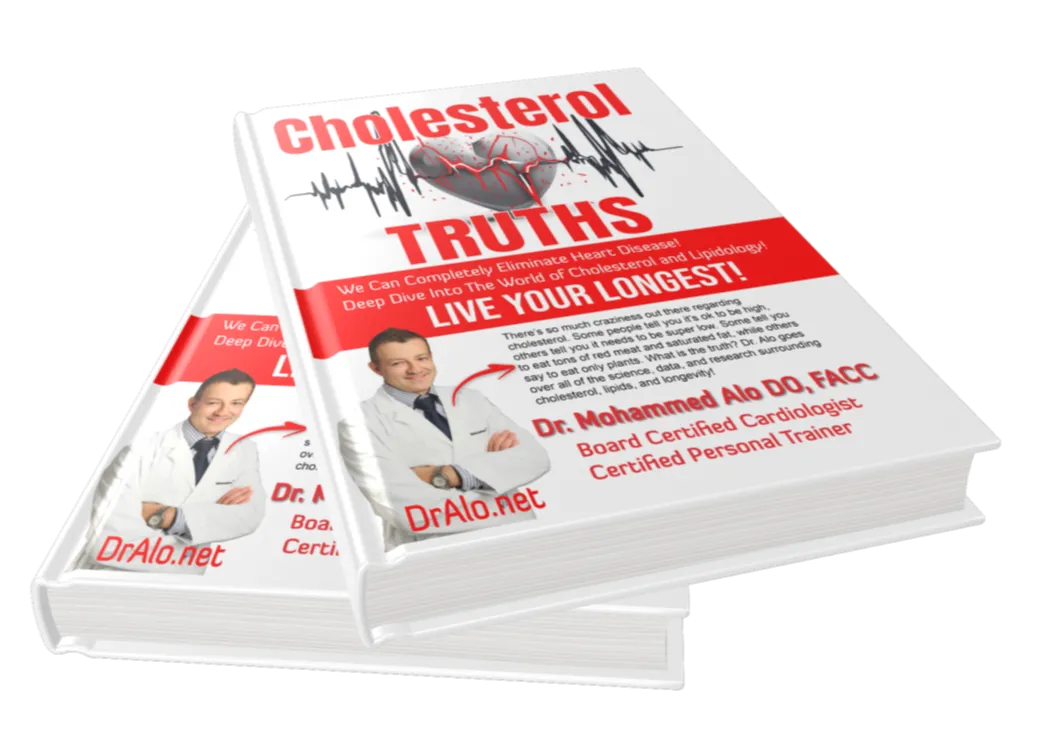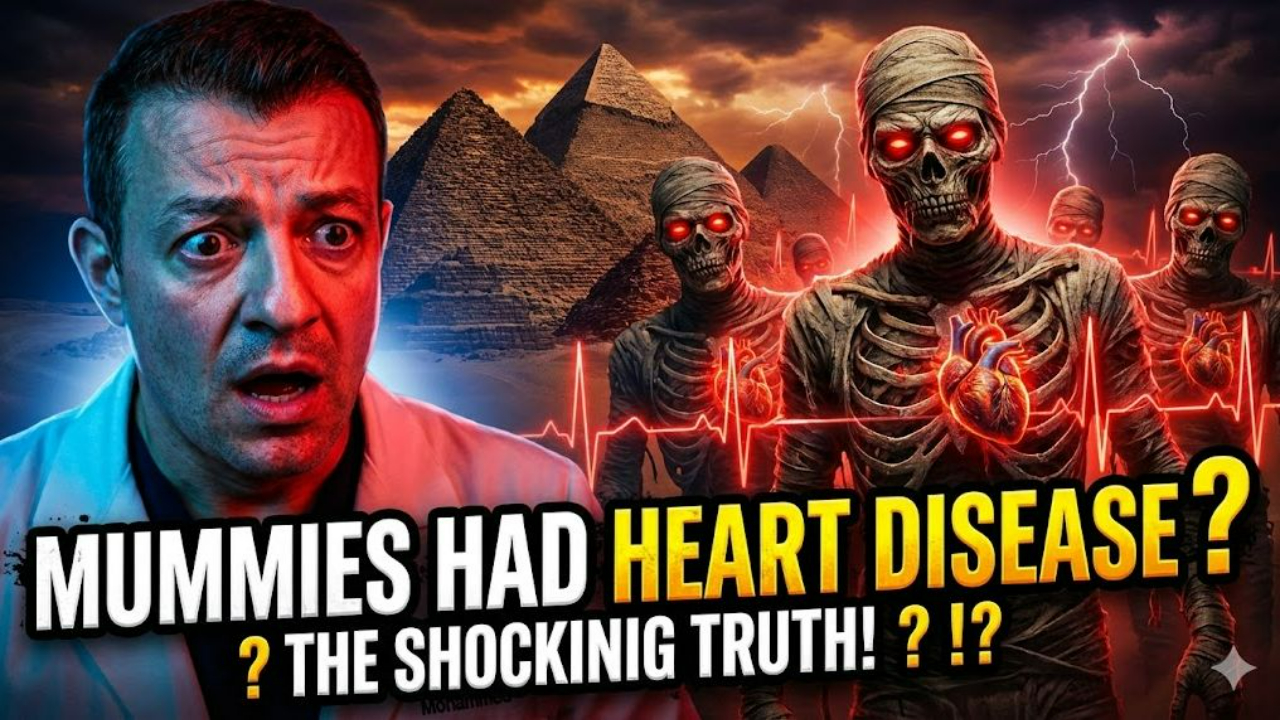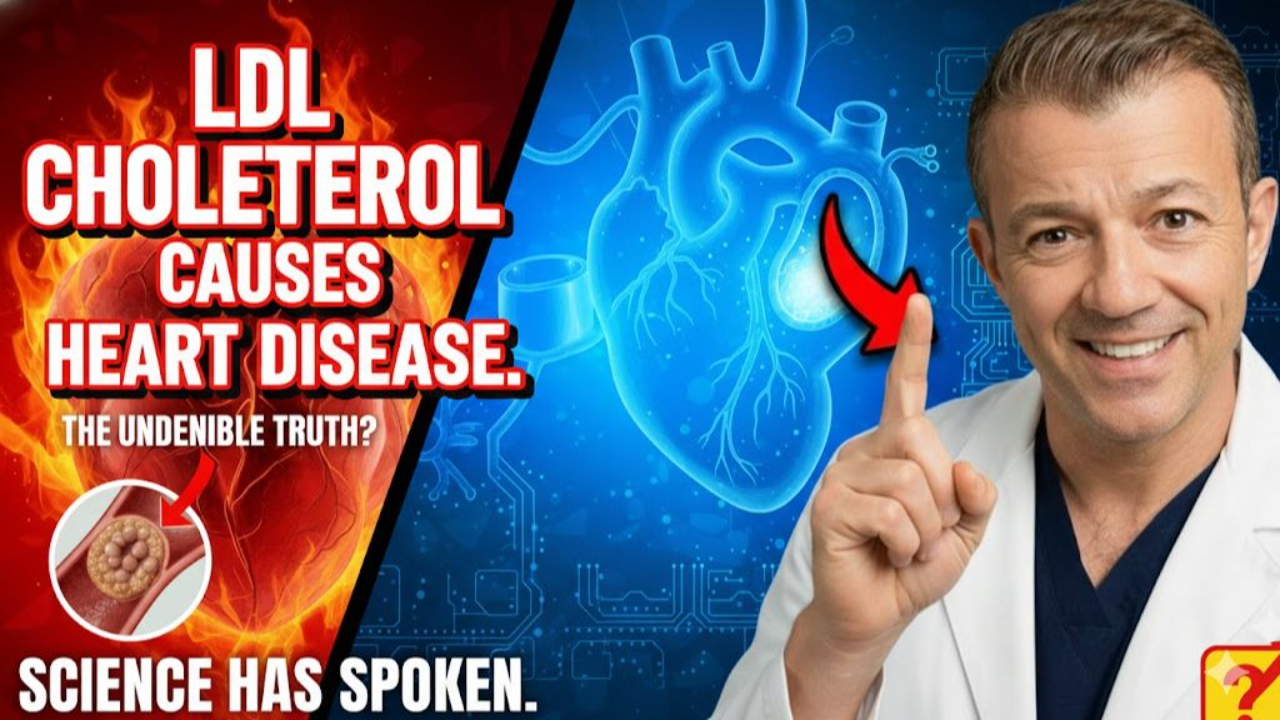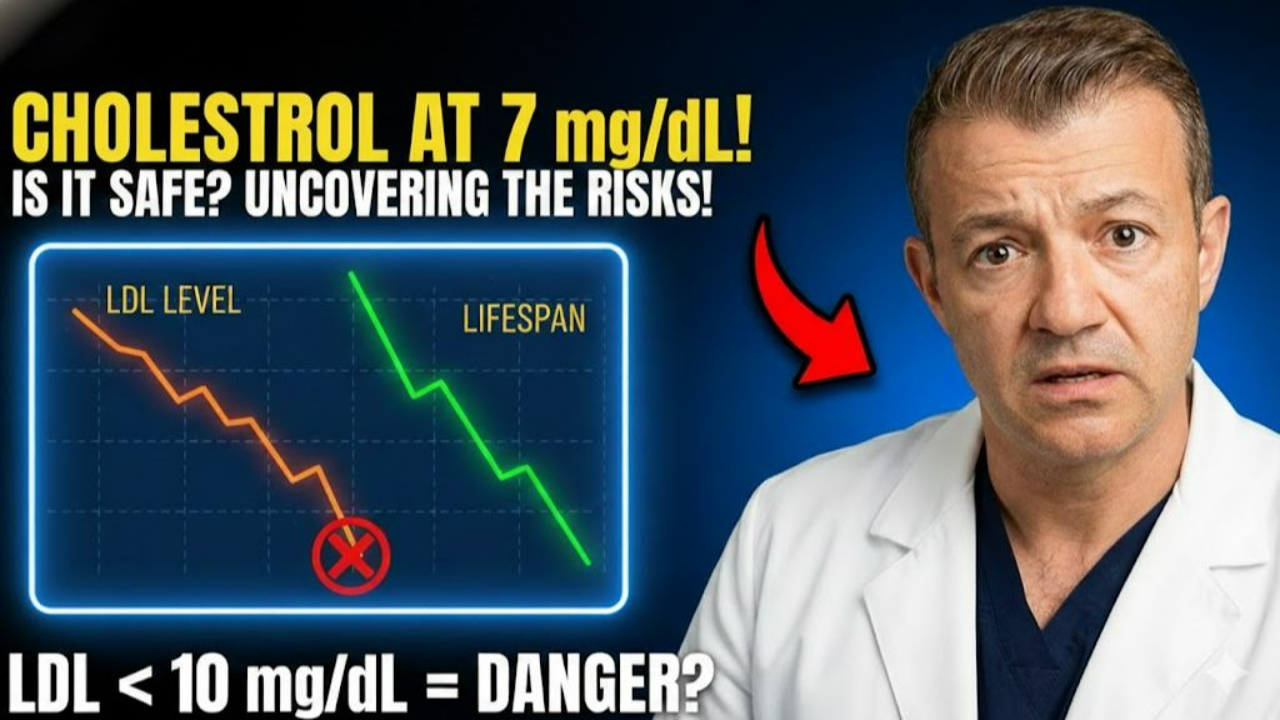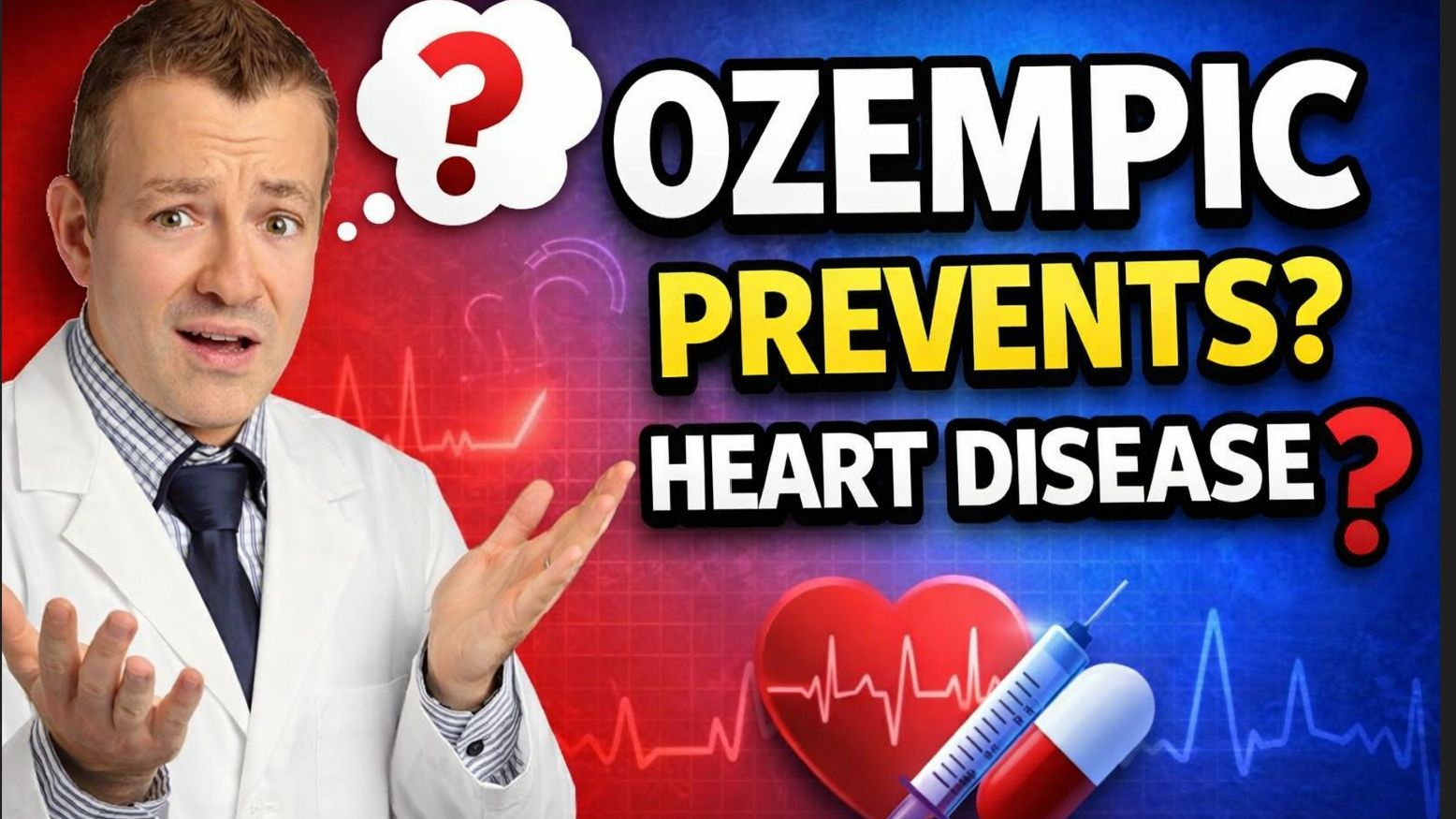Do Statins Cause Dementia?
Mar 24, 2024
Do Statins Cause Dementia?
The most common form of dementia is Alzheimer’s Dementia. The second most common form is vascular dementia. Both forms of dementia can exist in the same person. Medications that lower LDL cholesterol and apoB have generally been shown to reduce all forms of cognitive decline.
Statin medications specifically, have been shown to reduce all forms of dementia, including mild cognitive decline.
In general, statins have been associated with less dementia. However, a minority of individuals do develop mild neurological symptoms (cognitive impairment) when they use statins. It is listed as a potential side effect in all package inserts. But this must be weighed against the risk of further ASCVD. Most people will complain of "brain fog". Generally, we will just switch them to another medication or a different statin.
Statins Reduce Alzheimer's Dementia And All Forms of Dementia

Studies have shown that statins do not worsen dementia nor cognitive function. Two recent large meta-analysis have demonstrated this.
The first study was a meta-analysis looking at over 1.4 million participants. Some of the included studies were randomized control trials. In most of the studies there was no increase in all forms of dementia. Some studies showed no difference in dementia between statin users and non-statin users. No studies showed increased dementia of any type.
The second study also contained observational studies as well as randomized control trials and also showed that statins appear to have a protective effect on dementia and cognitive decline, but the data did not support a causative effect of statins preventing the decline.
Read the studies:
https://pubmed.ncbi.nlm.nih.gov/33189626/
https://pubmed.ncbi.nlm.nih.gov/25799928/
Statins Reduce Alzheimer's, Parkinson's, Multiple Sclerosis, ALS, and All Forms of Dementia and Neurodegenerative Disease
In another brilliant article, they examined statin use and affects on all forms of neurodegenerative disease. They found that statin therapy reduced all forms of NDD. On the aggregate, statins cause a 44% reduction in all forms of neurocognitive and neurodegenerative disease.
The graphics from this study deserve to be shared because they are beautiful.
It appears that all statins reduce NDD to a certain extent, and the more potent the statin, the better the effect. Pitavastatin was a bit of an outlier and seemed to reduce NDD the most, despite not being the most potent, although some sources consider it more potent.
Certain statins block various pathways that lead to neurodegenerative disease and they are shown below.
Fluvastatin is the only statin that did not show benefit, and this is likely because it is the weakest of all currently available statins.

The benefit was often seen in the first 500 days as you can tell from the below curves.

Below are the various signaling pathways that are affected by each statin.

Study:
https://alz-journals.onlinelibrary.wiley.com/doi/10.1002/trc2.12108
Statins and Alzheimer's Disease
Another study showed that use of simvastatin was associated with an almost 50% reduction in the risk of Alzheimer's disease and Parkinson's disease and that another statin, atorvastatin, was associated with a “modest” reduction in risk. The studies keep accumulating and adding up.
Study:
https://bmcmedicine.biomedcentral.com/articles/10.1186/1741-7015-5-20
Does Circulating Cholesterol Affect Brain Cholesterol?
There are no apoB containing lipoproteins in the brain. Which means that if you lower LDL-C or apoB in circulation, it has no effect on lipoproteins and cholesterol in the brain as discussed above.
The brain makes its own cholesterol produced in brain cells. The brain has its own lipoproteins (all are apoE-enwrapped).
Brain lipoproteins never enter plasma and plasma lipoproteins never enter the brain.
Nothing you do to affect circulating plasma lipoproteins will have any effect on brain lipoproteins.
A study in 2021 was published in the Journal of the American College of Cardiology looking at all types of dementia while on statin therapy. They looked at dementia, Alzheimer’s, and even low level mild cognitive impairment. They evaluated nearly 20,000 patients and found that statin use versus nonuse was not associated with any type of cognitive decline or disturbance.
There were also no differences in lipophilicity of the statin. Both hydrophilic and lipophilic statins had the same outcomes. Some people argue that lipophilic statins are more likely to cross the blood brain barrier and hence affect mental outcomes. This was not the case.
All statins can enter the brain and inhibit brain cholesterol synthesis. Hypothetically, that can be a problem for some, as over-suppression of brain cholesterol synthesis may be associated with Alzheimer’s Dementia.
Read the study:
https://pubmed.ncbi.nlm.nih.gov/34167639/
Statins And Overall Dementia Risk Reduction?
Another very large meta-analysis published in Nature in March of 2022 looked at 5 million participants and showed that statins were associated with a 20% decrease in dementia and 32% risk reduction in Alzheimer’s Dementia.
It did not matter which type of statin there were taking with regards to lipophilicity or hydrophilicity. There was also a dose response. Higher potency statins reduced Alzheimer’s dementia 20%, while less potent statins demonstrated a 16% reduction. There was a dose response.
Look at the charts of the odds ratios from the study. The first graphic below shows the reduction in dementia and the second shows the reduction in Alzheimer’s. The data and evidence are very clear.

The above is all dementia risk reduction in all statin trials.

The above is Alzheimer's risk reduction in all statin trials.
From:
https://academic.oup.com/eurjpc/article/29/5/804/6454065?login=false
Statins Reduce Cognitive Decline And All Forms Of Dementia
Most of the above studies demonstrate a reduction in all forms of dementia.
There are extremely few LDL particles in the brain and those that do exist have no apoB, but rather have apoE. In the brain, 99% of the lipoproteins are HDL particles but instead of having apoA-1, they primarily have apoE. Some apoA-1, because of its very small size, can pass the blood brain barrier and thus, the apoA-1 structural molecule is on some of the brain’s HDL particles along with the apoE molecule.
Does It Matter If The Statin Is Lipophilic Or Hydrophilic?
The lipophilic statins are atorvastatin, simvastatin, lovastatin, fluvastatin, and pitavastatin. Lipophilicity, or lack thereof, has not been shown to affect dementia. There are no studies to support this.
Studies have shown a reduction in dementia regardless of lipophilicity of the statin. Previously, there was this theory that lipophilic statins crossed the blood brain barrier more and had more neurocognitive effects, this is no longer thought to be true.
https://pubmed.ncbi.nlm.nih.gov/30149450/
Mendelian randomization studies have shown that apoB shortens healthspan and increases the risk for Alzheimer’s disease. The authors suggest that if the relationship between apoB and Alzheimer's disease ends up being a causal relationship, then strategies to improve healthspan (by reducing the burden of Alzheimer’s disease) would be warranted. They note that this would help the 44 million or more that currently have Alzheimer’s dementia.
Study:
https://www.nature.com/articles/s42003-024-05887-2
The real danger is that statins that over-suppress brain cholesterol synthesis (diagnosed by low desmosterol) are likely to cause cognitive issues. More data will be needed on this emerging topic.
There are many other studies on this topic and it’s probably beyond the scope of this blog.
Dr. Thomas Dayspring is in the process of authoring a chapter in a new book on lipids and lipoproteins in the brain and dementia. He is working on this book with a preventative neurologist. Follow Dr. Dayspring online (@DrLipid) and you will be the first to know. If you are on my email list, you will be notified. Go to https://DrAlo.net/lipids to sign up for updates and news.
This blog post is adapted from my Cholesterol Book. Click here to sign up to be the first to know when it will be released and to be a part of the launch teach and get exclusive access to additional charts, graphics, audiobooks, and bonus chapters! https://dralo.net/cholesterol
Still Have Questions? Stop Googling and Ask Dr. Alo.
You’ve read the science, but applying it to your own life can be confusing. I created the Dr. Alo VIP Private Community to be a sanctuary away from social media noise.
Inside, you get:
-
Direct Access: I answer member questions personally 24/7/365.
-
Weekly Live Streams: Deep dives into your specific health challenges.
-
Vetted Science: No fads, just evidence-based cardiology and weight loss.
Don't leave your heart health to chance. Get the guidance you deserve. All this for less than 0.01% the cost of health insurance! You can cancel at anytime!
[👉 Join the Dr. Alo VIP Community Today]



